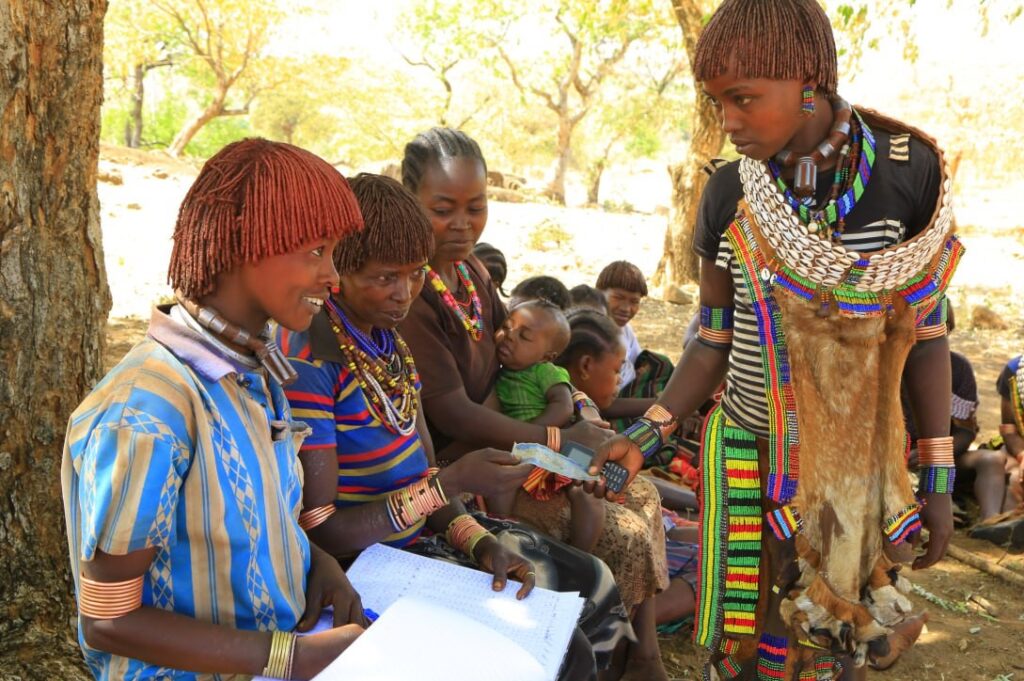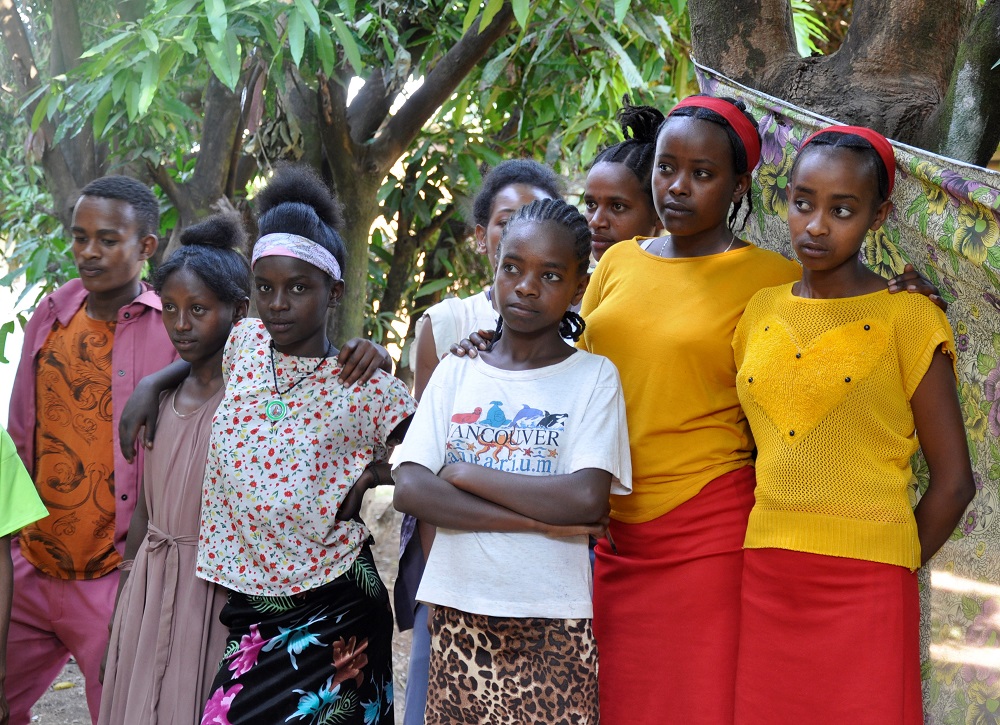
In rural Ethiopia, the importance of sexual and reproductive health services cannot be overstated. Access to these services ensures that women and girls can make informed decisions about their reproductive health, leading to better maternal and child health outcomes. It also empowers women to participate more fully in their communities, contributing to the overall development and resilience of the country.
The European Union funded Amref ‘s RESET Plus Family Planning Project aims to ensure the improvement of social cohesion and increased access to quality comprehensive sexual reproductive health (SRH)/family planning services, particularly for women and adolescent girls. By raising awareness about family planning and promoting attitudinal changes regarding gender equality, the project has fostered a higher demand for family planning among adolescents, youth, men, and women, especially in drought-prone and chronically food-insecure regions. The project’s initiatives have contributed to enhancing productive capacity and self-reliance of women and youth in the Intervention regions.
By addressing issues such as demographic pressure and promoting gender equality, projects like RESET Plus play a crucial role in building healthier, more resilient and empowered societies.
Intervention Areas
Borena in Oromia Region
Waghimra in Amahra Region
Zone-One in Afar Region
Wolaita and South Omo Zones in SNNP Region

Over all the ‘RESET Plus II Family Planning ‘ project contributes to the resilience of vulnerable communities through consolidated Family Planning (FP) practices, gender equality and decreased demographic pressure in five EU RESET clusters covering 16 districts.
Amref Health Africa in Ethiopia has been implementing EU funded projects in various regions and districts of the country since 2008. Our very first EU funded project ‘Strengthening Pastoralist Health Care Systems’ was implemented in remote districts of South Omo in 2008.
